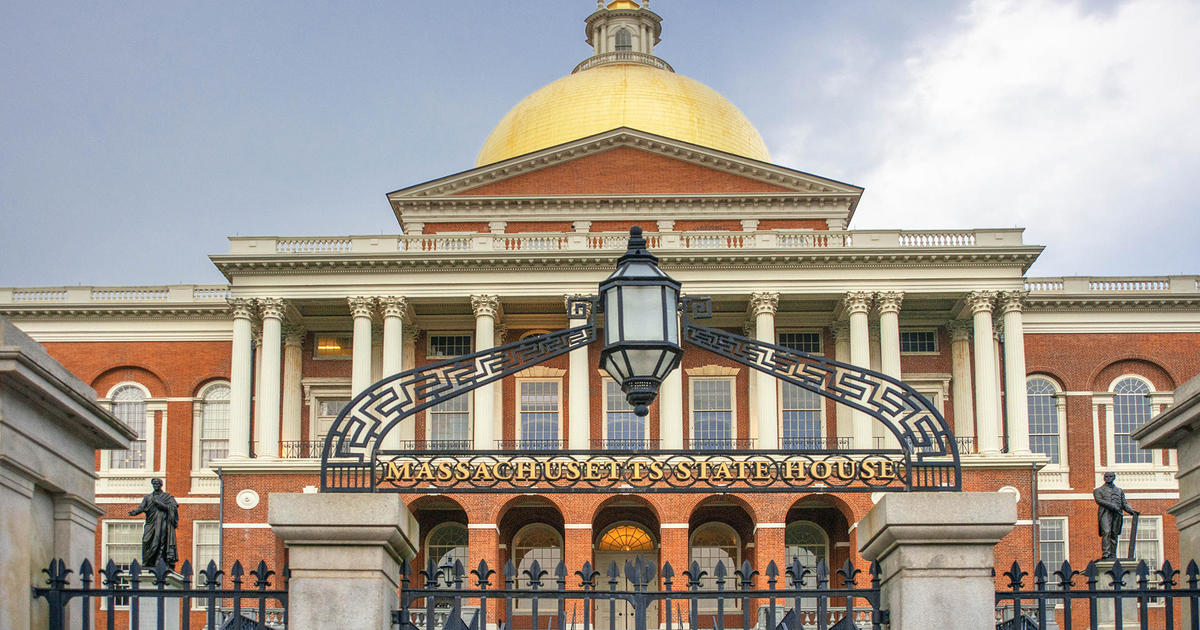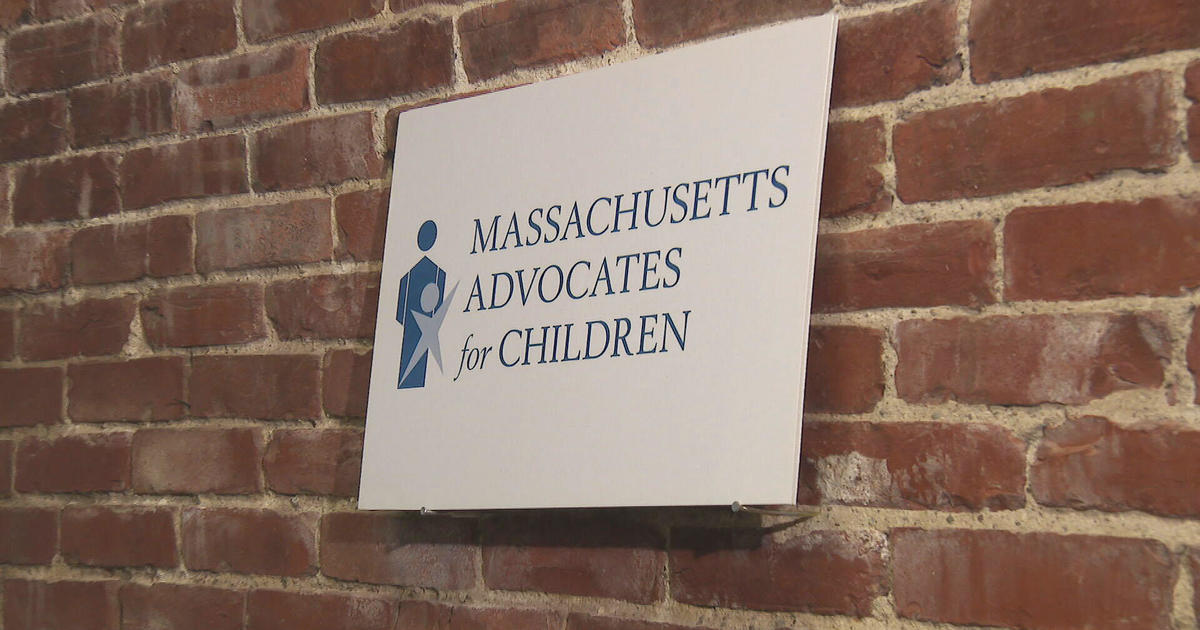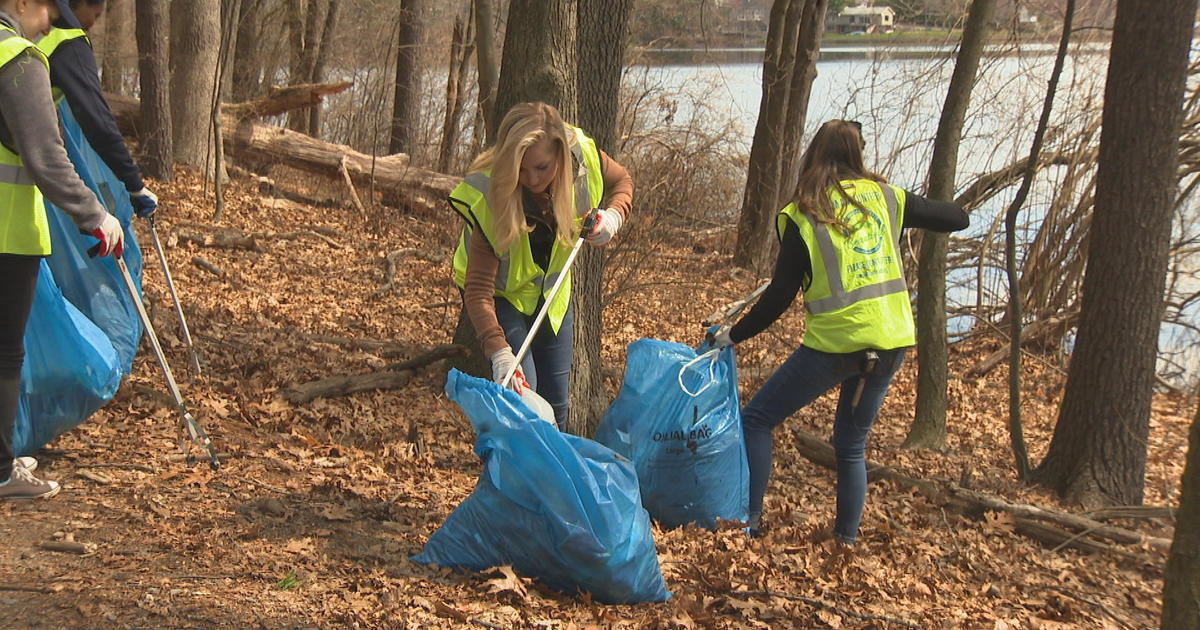Keller @ Large: Massachusetts Ballot Question 1 Debate
Question 1 on the Massachusetts ballot would establish an additional 4% income tax on annual taxable incomes of $1 million or more -- an income level that would be adjusted annually to reflect increases in the cost of living. Revenues from this tax would be used, subject to appropriation by the state legislature, for public education, public colleges, and for the repair and maintenance of roads, bridges, and public transportation. If approved, it would take effect next year.
Jon Keller brought in two experts to debate the details of Question 1: Fair Share Massachusetts Communications Director Steve Crawford and Pioneer Institute Executive Director Jim Stergios. The following answers are edited for clarity.
Keller: C comes before S, so I'm going to start with you, Steve. You feel this is needed, why?
Crawford: No one argues that we need more money for education and transportation in this state. Our higher education system has been divested from over the last 20 years. Kids coming back from the pandemic do not have enough teachers in the classrooms. Many kids in gateway cities are in schools that are 100 years old. We have almost 650 bridges that are in desperate need of repair, this is structural repairs, we're not just talking about potholes. So what Question 1 would do is ask the wealthiest in our state to pay a little bit more, if you make over a million dollars a year you would pay a little bit more, that money would be dedicated to transportation and education -- constitutionally dedicated to go to those purposes.
Keller: Jim, you don't feel it's needed. Why not?
Stergios: I'd ask viewers to think about it both in the short term and long term. Over the last 12-13 years, we've doubled our budget, we're spending $53 billion last year, our budget went up 10%. I don't think there are that many people in Massachusetts to feel like their income is going up 10% in a single year that quickly, they could have additional revenues they could spend. Last year we had a $5 billion surplus because of economic growth. Ditto for the year before. We have billions in COVID funding from the federal government that has not been expended. In education, there's a special pool, it's well over a billion dollars not been expended, we've only expended a fraction of it. We have the resources to do what we want to do. And in fact, this proposal, while it says on paper, what you read is exactly how it's worded, the attorney general herself in 2018 argued that it's just a tax, it's not going to go to education and transportation.
Keller: Rebuttal?
Crawford: That's just not what was said at the hearing, which the opponents lost in the Anderson vs. Healey case. What Justice Kafker said during that hearing is yes, it is dedicated to transportation and education. You can go back and check the tape. It is dedicated. It's no different from other dedicated funds that we have like the gas tax, except it's written into the Constitution. It's that there's nothing that can be changed about that.
Stergios: What the Justice has said is that the subject to appropriation means that voters understand that the legislature can dispose of the income in any manner in which they want to. In 2018, before the Supreme Judicial Court of Massachusetts, the argument from the Attorney General and her written argument says clearly this is a tax. That's all it is, it's not guaranteed to go to education or transportation. The legislature has the ability to dispose of it. And I would finally say, the legislature twice had the ability to earmark the funding to education, transportation, there are two amendments they voted it down, two times four to one. It's not a small margin. They said we are not going to put it there.
Keller: Can or can't the legislature take this money and spend it on something unrelated to education or transportation?
Crawford: Money raised by this tax? No, they cannot.
Stergios: The money from this tax goes to education, transportation, but the legislature's fully capable, fully empowered to redirect money currently spent, there's 18 billion, this raises about a billion and a half max, they can redirect that money to other purposes. That is what happened in California, and many other states that have done this. Those two amendments they rejected, make it very clear, that's what the legislature intends to do.
Watch Part Two of the debate:




